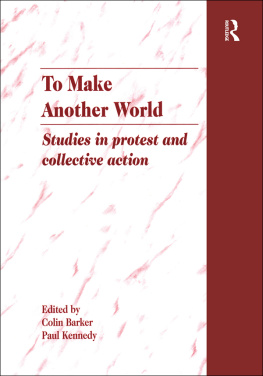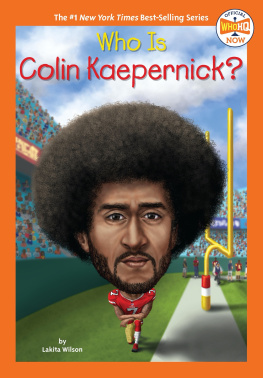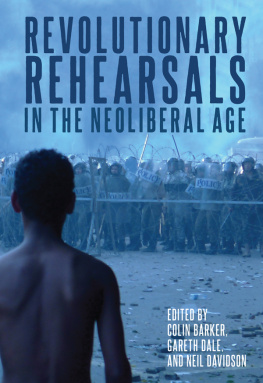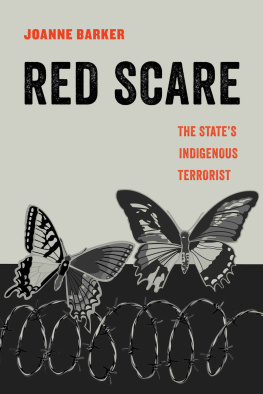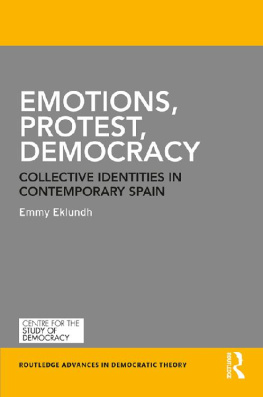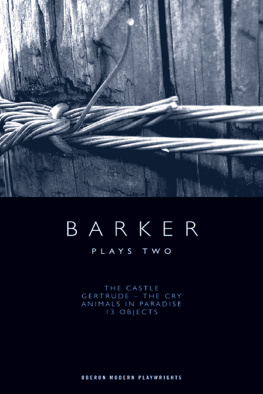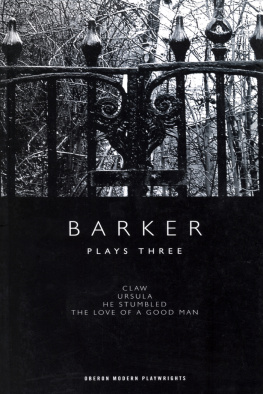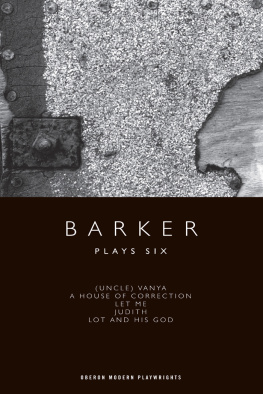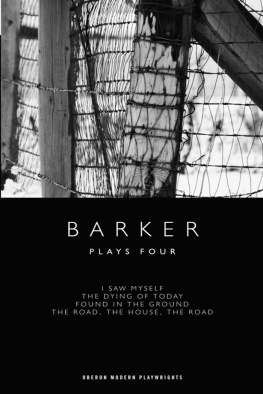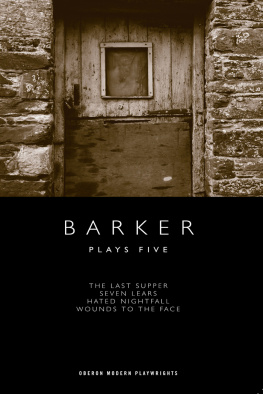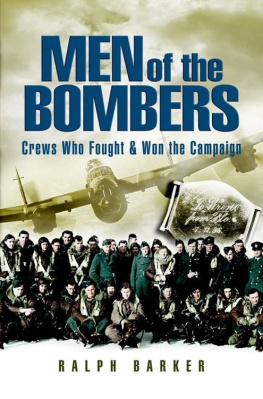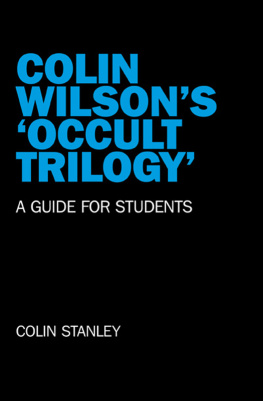First published 1996 by Ashgate Publishing
Published 2017 by Routledge
2 Park Square, Milton Park, Abingdon, Oxon OX14 4RN
711 Third Avenue, New York, NY 10017, USA
Routledge is an imprint of the Taylor & Francis Group, an informa business
Copyright Colin Barker and Paul Kennedy 1996
All rights reserved. No part of this book may be reprinted or reproduced or utilised in any form or by any electronic, mechanical, or other means, now known or hereafter invented, including photocopying and recording, or in any information storage or retrieval system, without permission in writing from the publishers.
Notice:
Product or corporate names may be trademarks or registered trademarks, and are used only for identification and explanation without intent to infringe.
British Library Cataloguing in Publication Data
To Make Another World: Studies in Protest and Collective Action
I. Barker, Colin II. Kennedy, Paul T.
303.484
Library of Congress Catalog Card Number: 95-83279
ISBN 13: 978-1-85972-326-5 (hbk)
Contents
Colin Barker
Paul Bagguley
Colin Barker
Sue Clegg
Chik Collins
Gareth Dale
Nick Howard
Alan Johnson
Paul Kennedy
Jonathan Purkis
P.A.J. Waddington
About the authors
Paul Bagguley, a Lecturer in sociology at the University of Leeds, is author of From Protest to Acquiesence? Political Movements of the Unemployed, Macmillan, 1991, and co-author of Restructuring: Place Class and Gender, Sage, 1990. He is joint convenor with Colin Barker of the British Sociological Association study-group on Protest and Social Movements.
Colin Barker, a Senior Lecturer in sociology at Manchester Metropolitan University, is author of Festival of the Oppressed: Solidarity, Reform and Revolution in Poland, 1980-1981, 1986 and edited Revolutionary Rehearsals, 1987. He is an editor of A Socialist History of Britain, a book series produced by the Northern Marxist Historians Group in association with Pluto Press; and is joint convenor, with Paul Bagguley, of the British Sociological Association study-group on Protest and Social Movements.
Sue Clegg is a Principal Lecturer and Research Fellow at Leeds Metropolitan University where she runs a research methodology course for post-graduate research students, and organizes research supervisor training. Her research interests are in feminism and research methodology, and has recently undertaken work on child sexual abuse. She is a member of the editorial group for A Socialist History of Britain, produced by the Northern Marxist Historians Group and Pluto Press.
Chik Collins is based at the University of Paisley. He is currently completing a PhD on the way in which working class groups receive and respond to the implementation of significant social changes which affect their lives, and has authored a number of articles, book-chapters and reports on this theme.
Gareth Dale is currently completing a PhD on social movements in East Germany at the University of Manchester. During 1989, as an English literature tutor in Potsdam, he participated in the East German democracy movement. He has published several articles on social movements in East Germany, and on identity politics.
Nick Howard lectures in sociology in the Division of Adult Continuing Education at the University of Sheffield. He has published articles on the impact of the post-Armistice food blockade of Germany in the run-up to the 1919 Peace Treaty, on an oral history of the Weimar years from Wilhelm Necker, revolutionary and later finance director of the Bauhaus, and on the role of the social democratic parties during the German revolution.
Alan Johnson is head of Contemporary Political Studies at Edge Hill College of Higher Education, is co-author of Growing Old and Needing Care, Avebury, 1995.
Paul Kennedy is a Senior Lecturer in the Department of Sociology and Interdisciplinary Studies at Manchester Metropolitan University. His research interests are in Third World development studies and issues relating to social change and environmental problems. His publications to date have mostly been in the field of economic change in Sub-Saharan Africa: eg African Capitalism, the Struggle for Ascendancy, Cambridge UP, 1988.
Jonathan Purkis is a doctoral student and part-time lecturer in sociology at Manchester Metropolitan University. He is engaged in an ethnographic study of the radical environmental protest group, Earth First! He writes for and is on the editorial board of the journal Anarchist Studies and is currently co-editing a book on contemporary anarchist culture and politics. Also a part-time musician, he lives in a Pennine village near Huddersfield.
P.A.J. Waddington, Professor of Sociology at the University of Reading, is author of The Strong Arm of the Law, Calling the Police, and Liberty and Order as well as numerous articles on policing and police work. In 1992 he led an international inquiry into the policing of the Boipatong massacre in South Africa and advised the Goldstone Commission on the Causes and Prevention of Public Violence and Intimidation on reform of South African public order law and policing policies.
1 Introduction
Colin Barker
The essays in this volume originated as contributions to a lively and multi-stranded conference on Alternatives Futures and Popular Protest at Manchester Metropolitan University in April 1995.
The study of protest and collective action is more established on academic agendas in the United States and in Europe than in Britain. This is perhaps slightly odd, given the extensive contemporary and historical significance of these issues in the making and remaking of British society. For if the academic study of popular protest is relatively underdeveloped, the phenomenon itself is widespread, as a glance at any weeks national and local news reveals. Behind, and interwoven with, the formal oppositions of official politics run myriad strands of locally, nationally and internationally focussed protest activities, formal and informal. Neighbours in a street organize a petition or a temporary blockade of a busy road after a child is injured; thousands of people participate in efforts to defend the welfare of veal calves; the testing of atomic weapons on a remote Pacific atoll becomes the occasion for a multitude of protests across the globe.
Processes of social transformation within capitalist society regularly throw existing patterns of life and moral assumptions into confusion, inviting forms of resistance and the elaboration of alternatives. A number of these pressures are registered in the essays here: the impact of workplace closures and de-industrialization on particular workforces (Collins) and also on whole urban regions (Johnson); state attempts to shift the burden of taxation (Bagguley) and to rationalize welfare provision (Barker); growing rifts between popular aspirations and existing political and social systems (Dale and Clegg); the social disasters imposed by imperialist war (Howard); growing perceptions of threat to the environment (Kennedy and Purkis).


